Presenters at the Industrial Panel
ZOOM Link
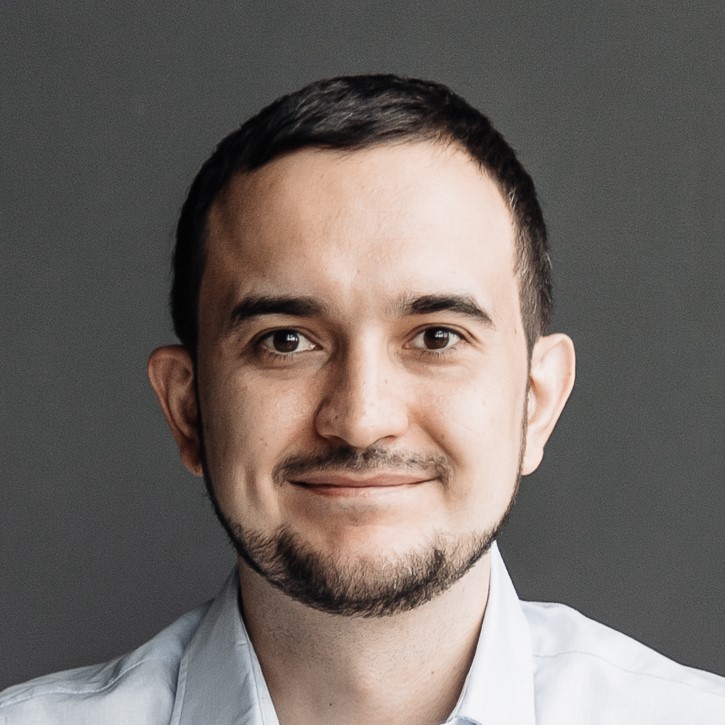
Title: Collaboration opportunities with Ukraine Web 3 Ecosystem.
Name: Sergii Grybniak
Affiliation: Web3Institute, IEEE
Abstract: The presentation will focus on the areas of the opportunities for joint Reasearch and Development activities between Romanian and Ukrainian universities and other academia and research institutions, research groups and individual researchers.

Title: Ensuring Non-custodial Recurring Payments with an EVM-Based Token Standard
Name: Yevhen Leonchyk
Affiliation: IEEE SA WG P3228
Abstract: Automatic periodic payments, including subscription-based services, have gained significant traction in traditional fiat-money industries. However, current Distributed Ledger Technologies (DLTs) lack inherent noncustodial mechanisms to support such payment schemes. A solution aimed at ensuring the implementation of recurring payment functionality on decentralized platforms utilizing the Ethereum Virtual Machine (EVM) will be presented. The approach implemented through a smart contract offers the potential to establish a novel token standard.
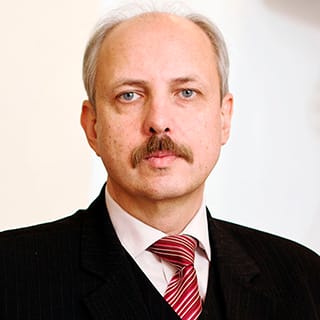
Title: The embedded coin economics for multishards DLT projects.
Name: Ihor Mazurok
Affiliation: Odessa I.I.Mechnikov National University
Abstract: Modern multi shards DLT systems design requires appropriate economical solutions. The core principles of such economic policy for integration into the multyshards DLT design will be presented. The main aim is to create a favorable environment that incentivizes positive behavior from each network participant and the system as a whole. This is done to provide a wide spectrum of services, including smart contracts, payment and screening systems, peer-to-peer trading, and other DeFi. Economic leverages ensure general equilibrium, providing an optimal data replication ratio and low transaction fees.

Title: The involvement of the Special Telecommunications Service in the development and implementation of blockchain technology
Name: Aloman Alexandru
Affiliation: Officer Engineer at Special Telecommunications Service, Research Department and PhD student at University POLITEHNICA Bucharest - UPB

Name: Bratu Alexandru
Affiliation: Officer Engineer at Special Telecommunications Service, Research Department and PhD student at University POLITEHNICA Bucharest - UPB
Abstract: In the public sector, blockchain technology was first used by the STS in 2020 during the parliamentary elections. The solution used in the electoral process was enhanced and adapted by STS specialists, allowing it to now be integrated with a diverse range of applications. The new functionalities have ensured transparency, traceability, and immutability in the digitized assessment process of students' work within the National Baccalaureate exam, August 2023 session. Additionally, together with other institutions, a Proof of Authority blockchain Pilot infrastructure has been implemented, creating a trusted environment to ensure data traceability and immutability, as well as providing decentralization of the system.
STS hosts a Node in the European Blockchain Services Infrastructure (EBSI), a comprehensive project that aims to establish a trusted and secure cross-border platform for digital services across the European Union. It encompasses the implementation of a blockchain-based infrastructure to facilitate secure transactions and interactions between EU member states, institutions, and businesses. Nodes and Node-operators are the backbone of EBSI, ensuring its security, reliability, and integrity while enabling the platform to fulfil its objectives in creating a trusted digital services infrastructure for the European Union.
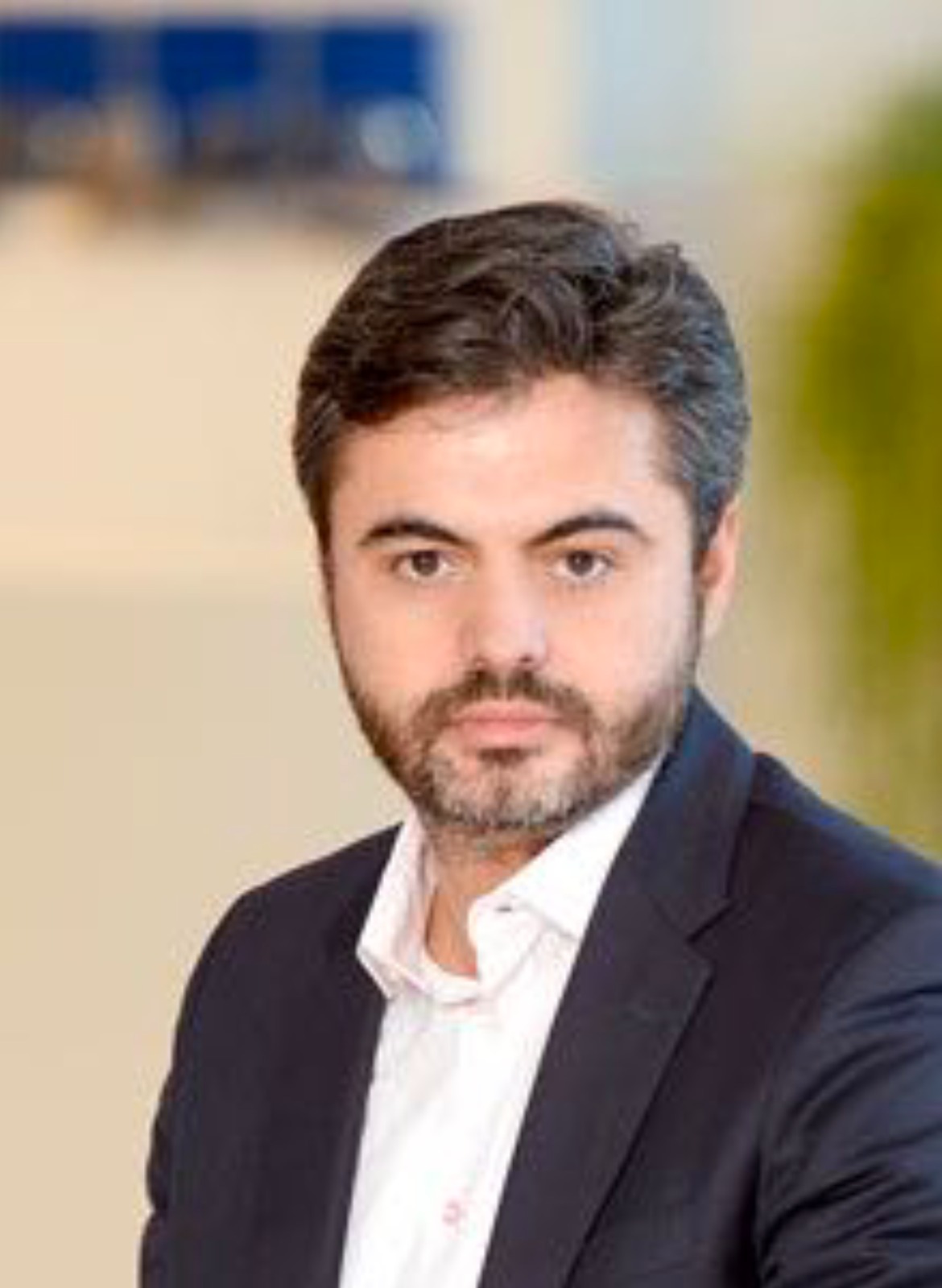
Title: Blockchain-Enabled Economic Transactions: Recurring Financial Accruals and Payments
Name: Razvan Mihai
Affiliation: Faculty of Electronics, Telecommunications and Technology of Information (ETTI) Politehnica University of Bucharest, Romania razvan.mihai.phd@stud.etti.upb.ro
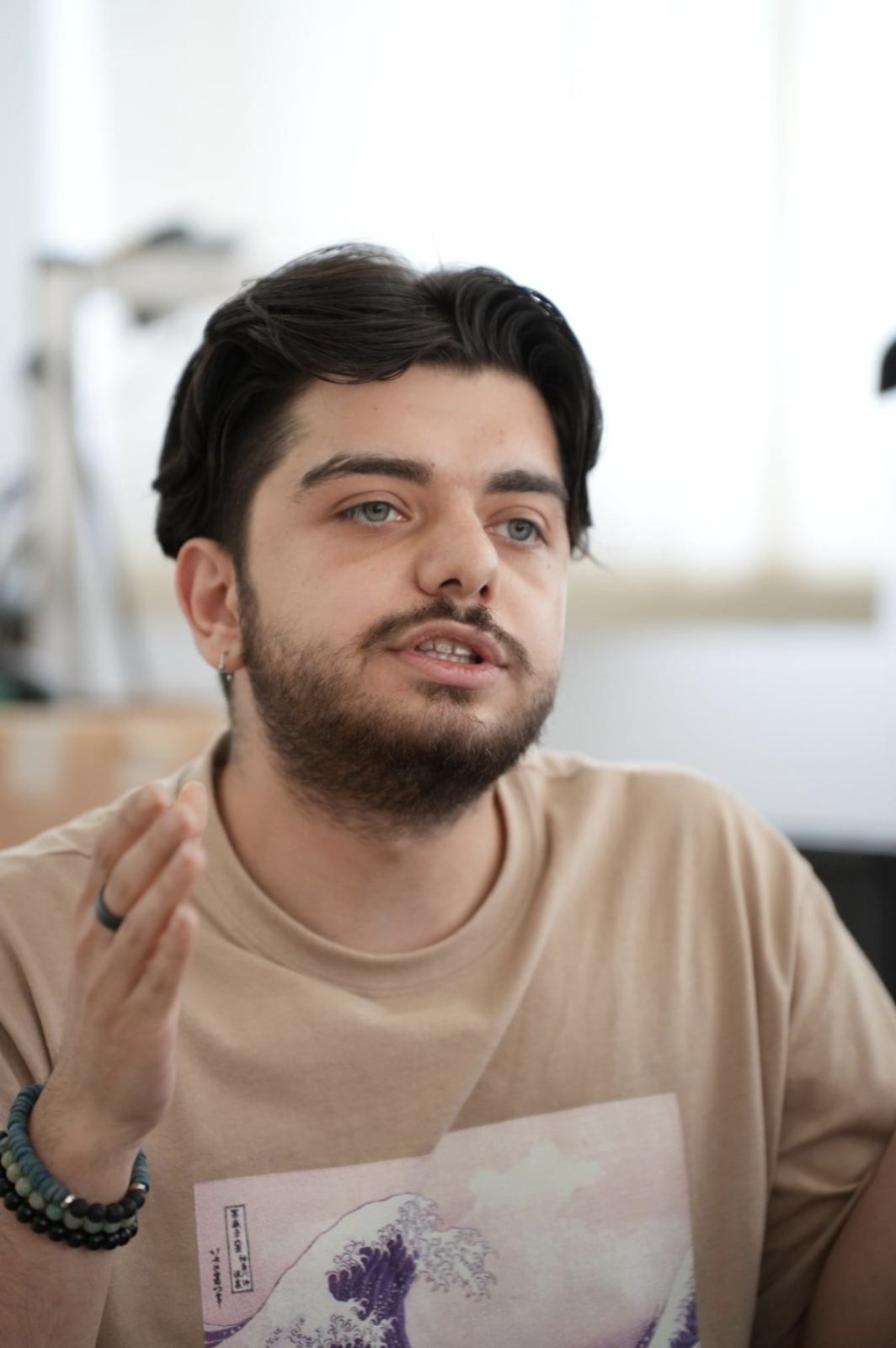
Name: Omer Faruk Ozkul
Affiliation: Faculty of Engineering in Foreign Languages (FILS) Politehnica University of Bucharest, Romania omer_faruk.ozkul@stud.fils.upb.ro
Abstract: Economic transactions are based upon implicit or explicit contracts that set out the rights and obligations of the parties to the transactions. Blockchain technology can address fundamental financial, economic, and accounting challenges. We propose a blockchain-based prototype capable of capturing the essence of recurring economic transactions. For this purpose, we have devised an asset rental contract to show how economic transactions are recorded and tracked more effectively, efficiently, and in quasi-real-time, thus changing the traditional way of account keeping and auditing. We use the Ethereum blockchain as the most evolved and widely used smart contract platform. We showcase a significant discovery related to current blockchain technology limitations to making automatic non-custodial recurring payments. We show how the prototype can be extended to a range of recurring transactions.
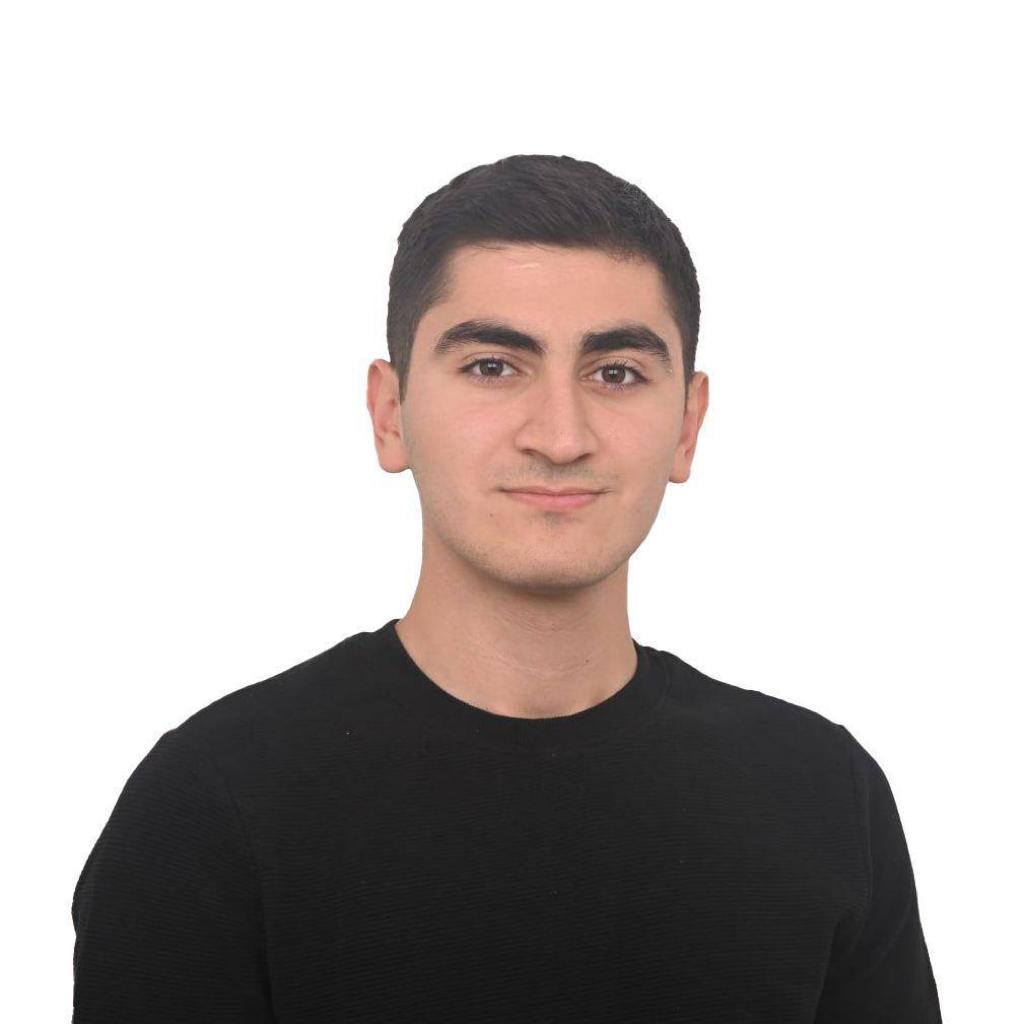
Title: PWR Chain, A new standard for blockchain and blockchain development.
Name: Edy Haddad, Co-founder and CTO at PWR Labs
Affiliation: https://www.pwrlabs.io, edy@pwrlabs.io
Abstract: The PWR Chain stands at the forefront of blockchain innovation, offering a unique combination of scalability, energy efficiency, universal coding language accessibility, and robust security. Its architecture invites global participation, enabling developers from various backgrounds to contribute to the blockchain space without the need to learn new coding languages or adapt to restrictive frameworks. In the realm of impact technology, PWR Chain is not just a tool but a facilitator of sustainable, inclusive, and far-reaching digital solutions. This presentation will delve deep into these aspects, illustrating how PWR Chain is shaping a new era of technological advancements that are accessible, sustainable, and empowering for communities worldwide.
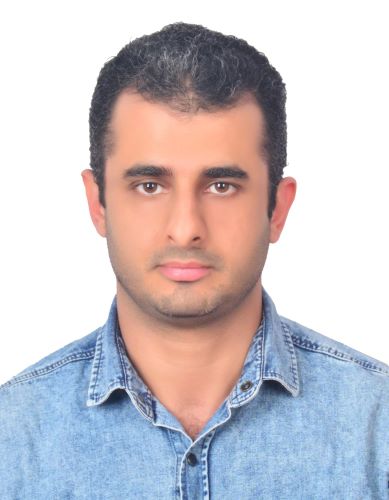
Title: Blockchain in Iraq: the challenges and future
Name: Haider Abdullah
Affiliation: Ministry of Youth and Sports, h_haider26@yahoo.com
Abstract: The technologies of Blockchain have developed and grown over the last few years, with experts discussing and promoting the potential blockchain applications in different fields like academia, businesses, governmental institutions, healthcare, organisations, banks, and markets. Blockchain in Iraq is a relatively new technology that waits to be used in many ranges of services and applications. The presentation will discuss the challenges of applying blockchain in different fields like in banking and payment services, and the future of blockchain in Iraq.

Title: Multi-Factor Challenge Set Self-Sovereign Identity Authentication for NFT-Enabled Cross-Continental e-Health Data Exchange
Name: Alex Norta
Affiliation: Talin University, IEEE Blockchain Section Finland
Abstract: The presentation focuses on enhancing e-health data security and privacy using blockchain technology. It integrates Multi-Factor Challenge Set Self-Sovereign Identity Authentication (MFSSIA) with Non-Fungible Tokens (NFTs) for secure management of electronic health records. Currently, e-health data management systems often rely on centralized architectures, posing risks in data security, privacy, and interoperability. Existing systems lack sufficient decentralization and user-centric control, leading to vulnerabilities in privacy, security, and data sovereignty. The presentation proposes a decentralized framework using MFSSIA and NFTs to enhance data integrity and user control over personal health data, ensuring robust security and privacy. This solution is superior due to its decentralized nature, enhancing data security and user sovereignty. It addresses current vulnerabilities in e-health data management, offering a more secure, transparent, and user-controlled approach.
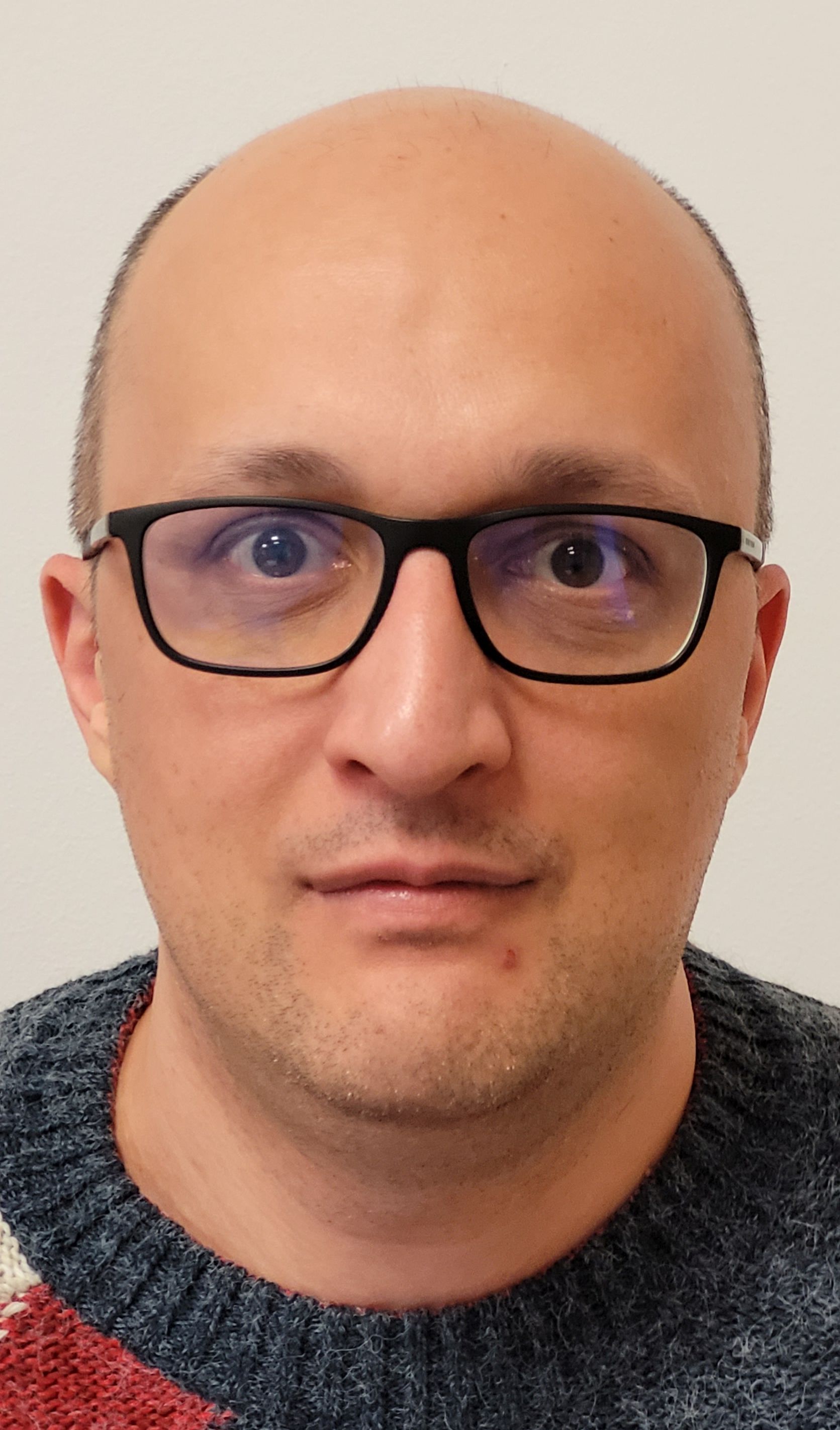
Title: HL7 FHIR Standard based Application for Medical Systems with Open Data Exchange and Questionnaire Generation
Name: Razvan Sfat
Affiliation: Faculty of Electronics, Telecommunications and Technology of Information (ETTI) Politehnica University of Bucharest, Romania

Name: Constantin Viorel Marian
Affiliation: Faculty of Engineering in Foreign Languages (FILS) Politehnica University of Bucharest, Romania
Abstract: Due to the unprecedented development of information technology, the medical systems have adopted these new technologies and innovations. Thus, medical informatics, telemedicine, eHealth have become terms widely used today and more and more often in the medical systems. In order to make the most of the potential offered by IT in medicine, there is a need to openly interconnect different data processing systems. In order to make this interconnection as efficient as possible, it is necessary to create a common language. This is how the Health Level 7 (HL7) standard and the latest ISO / ANSI HL7 FHIR (Fast Healthcare Interoperability Resources) version appeared. This paper presents an application to dynamically create web based questionnaires and to collect answers. The medical systems open interconnection is implemented using the HL7 FHIR standards.